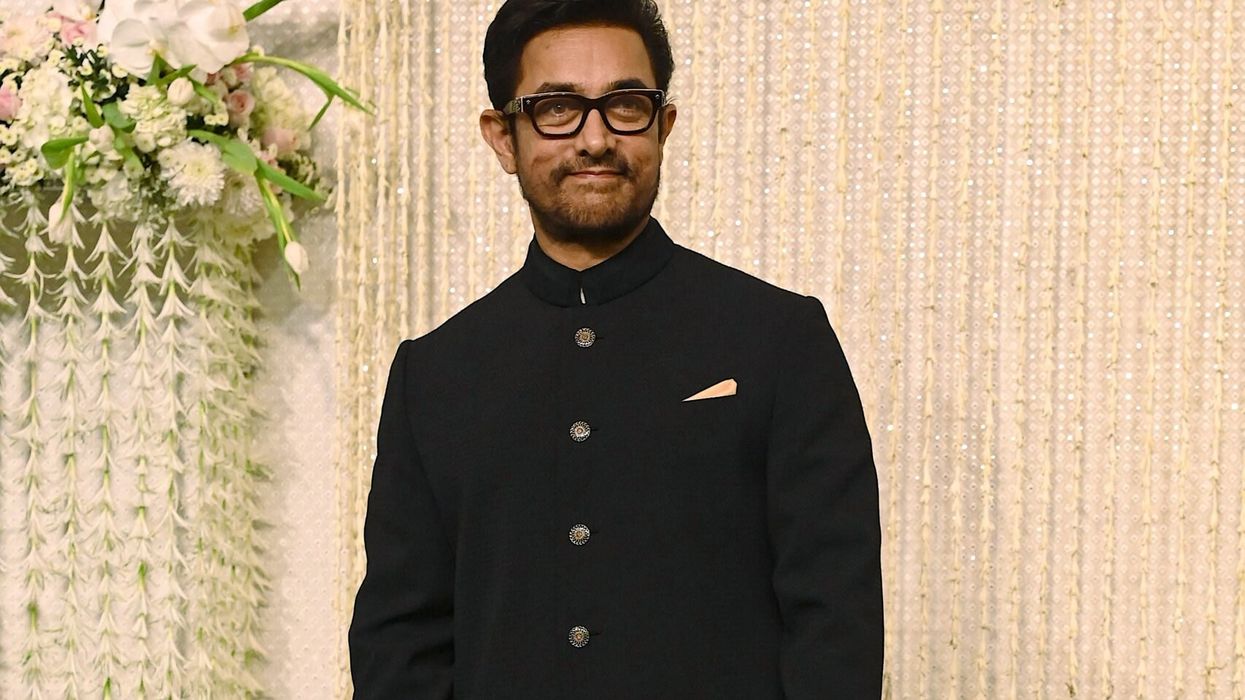BOLLYWOOD superstar Aamir Khan on Wednesday (31) admitted he was "stressed" ahead of the release of his son Junaid Khan's debut film, Maharaj, worrying about how the audience would receive his work.
Maharaj, which premiered on Netflix on June 21, stars Junaid as the real-life 19th-century social reformer Karsandas Mulji. The film, directed by Siddharth P Malhotra and produced by Aditya Chopra, marks Junaid's first major role in the industry.
Aamir was speaking at the launch of the single Kooriye, sung by debutant Raj Pandit, who is the son of producer Ashoke Pandit.
"When Junaid’s Maharaj released, I was very stressed thinking if people would like his work or not. I think that is what you (Ashoke Pandit) are probably feeling right now as Raj is taking his first steps. Just a couple of months back, I was in that situation.
"I am here to support you and your son. It is an emotion that I immediately connect to. We are always worried about whether they (our children) will be accepted," the superstar told reporters here.
Maharaj, based on an 1862 libel case involving Mulji and a Vaishnavite religious leader, briefly ran into legal trouble with the members of the sect filing a petition in the Gujarat high court against the film.
The premiere was earlier scheduled to arrive on the streamer on June 14, but was delayed by a week. Later, the high court cleared its release after a brief stay, observing that it did not target any religion.
Aamir said he is proud of Junaid for charting his own path without his help.
"I am happy that Junaid has really worked hard for himself. He has never accepted any help from me in any way ever. I am happy and proud that he has made it on his own terms, in his own way. I can see that Raj is doing the same thing. It is time to take your first step and you have and it is wonderful," he added.
The superstar, who will next be seen in Sitaare Zameen Par, said he started taking singing lessons last year.
"You will be happy to know that I've started learning to sing. I have got a guru, Sucheta ji is my guru and I've been training since last one year. I enjoy singing. It's like meditation," said Aamir, who sang songs such as Aati Kya Khandala (Ghulam) and Dekho 2000 Zamana Aa Gaya (Mela).
The music video of Kooriye features Raj Pandit and Zoya Afroz. The song is produced by Salim Merchant, Sulaiman Merchant and Ashoke Pandit. (PTI)




